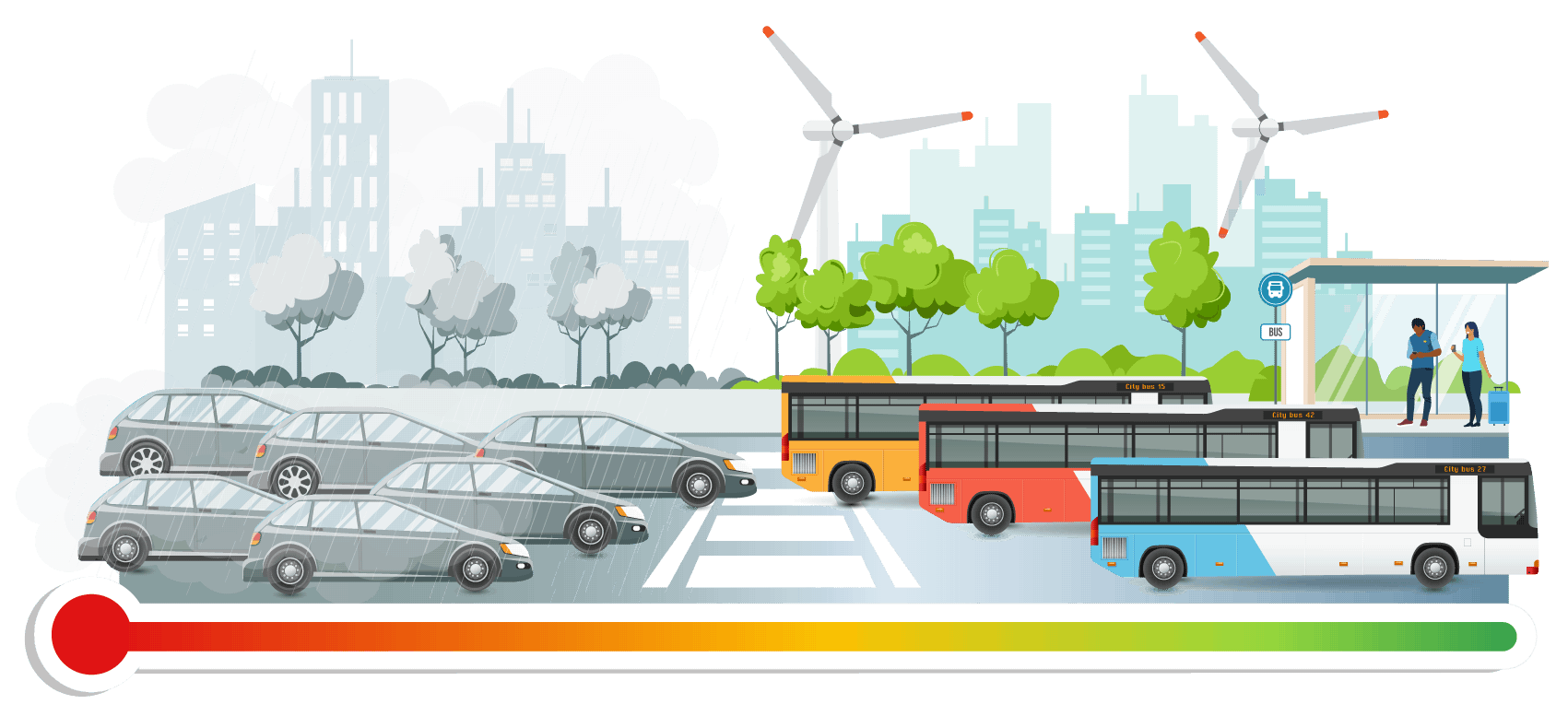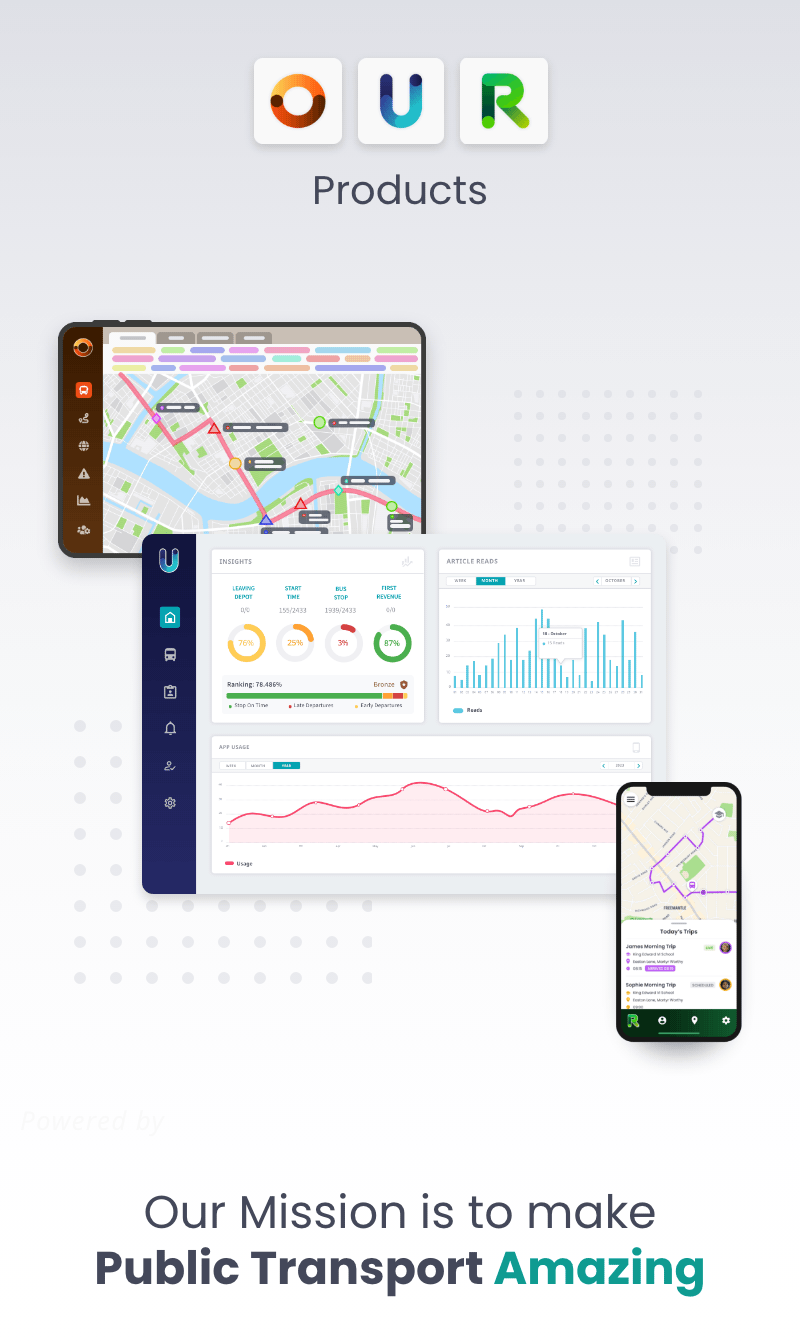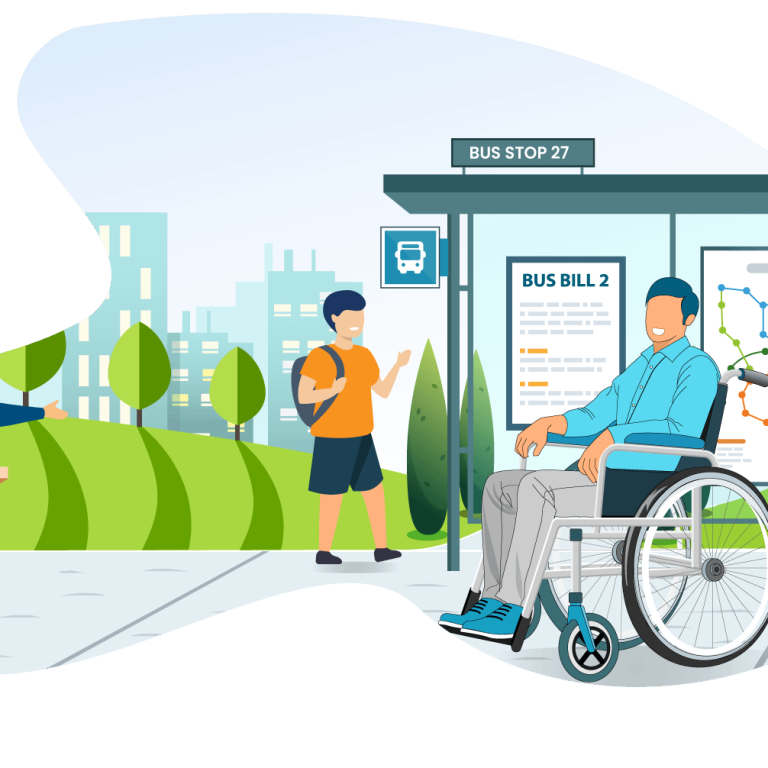There is absolutely no doubt that since the pandemic, public transport is one of the best and most cost-effective solution to tackle today’s climate and development challenges. Buses and trains can reduce greenhouse gas emissions by up to two-thirds per passenger per kilometre compared to private vehicles. According to the United Nations, it is “essential” that shifting more trips to public transit is crucial if climate change is to be curbed in line with agreed expectations as set out at various world climate change conferences.
In the week when the UK government officially confirmed that the climate in the United Kingdom has, over the last ten years, become both hotter and wetter, it simply proves that our dependency on reliable public transport is greater than ever before. This brings vital benefits to society, including reducing traffic fatalities, promoting a more active city population, and providing broader access to jobs, education, and urban services. Public transport thus serves as a key driver to deliver both sustainable and equitable economic development in cities worldwide.
One of the biggest challenges is the capability to ensure that essential infrastructure is created to enable mass transit systems to deliver quick and reliable public transport. There is significant variation around the world in the pace of delivery and development, including the implementation of bus priority measures to allow buses to navigate towns and cities without getting caught in congested roads often populated by single-occupancy private cars. This, of course, requires a dramatic shift in thinking, with the private motorist often given priority at the expense of the bus.
The harsh truth is simple: there is no luxury of time to wait to make these essential changes happen. To limit global warming to 1.5 degrees, countries need to start making drastic changes and follow the lead of other nations that are pioneering in this area. Interestingly, middle-income nations like Mexico, South Africa, and Indonesia, where a significant percentage of the population depends on public transport, have seen ridership post-pandemic catch up with pre-pandemic levels. In fact, some countries like India, Colombia, and Kenya have actually surpassed pre-pandemic levels.
Worryingly, the recovery has been much slower in high-income nations across North and South America and Europe; indeed, some nations like Japan, Canada, Sweden, and the UK still have public transport usage below what it was before the height of the Covid pandemic in February 2020.
The road ahead is certainly steep, but with the right world leadership and support, essential differences can be made. uTrack is committed to creating the best possible tools to ensure that those tasked with delivering world-class public transport solutions can do so with purpose and resolve, utilising advanced technologies and innovative approaches. To find out more about our products, visit our product pages for Origin, Unity and Rygo or contact us for more information.

Written by Austin Birks






